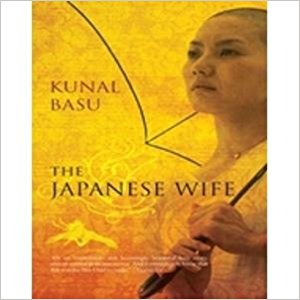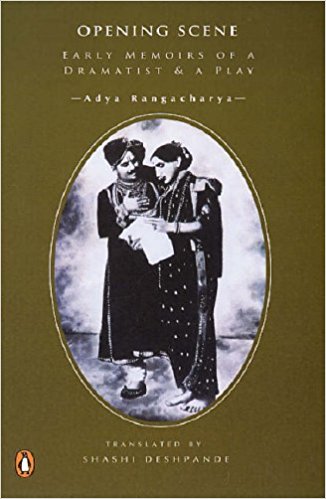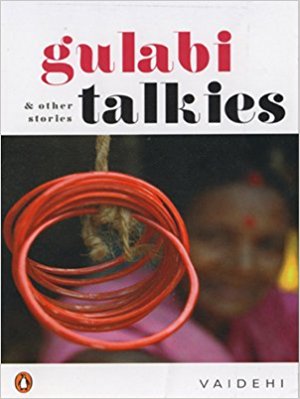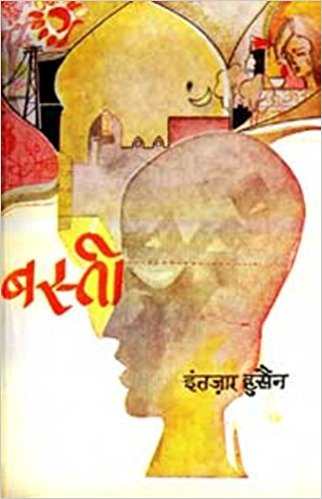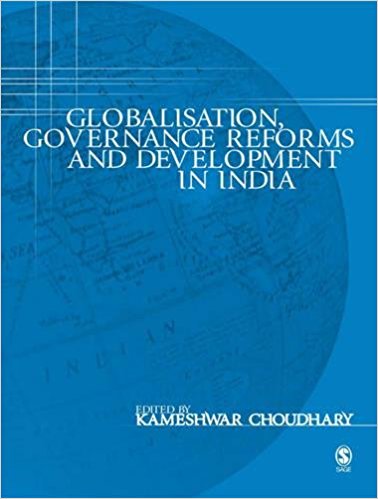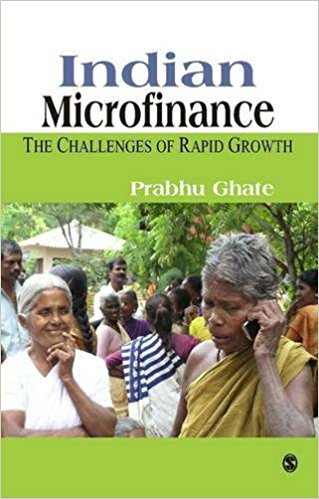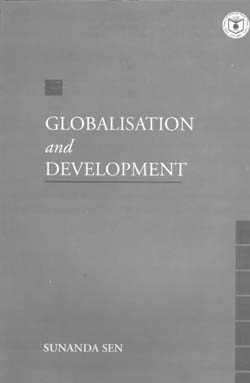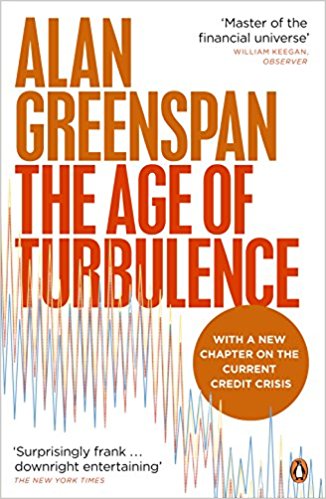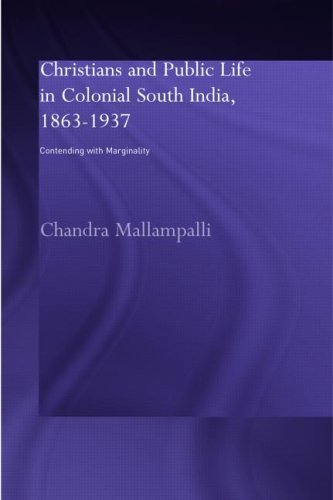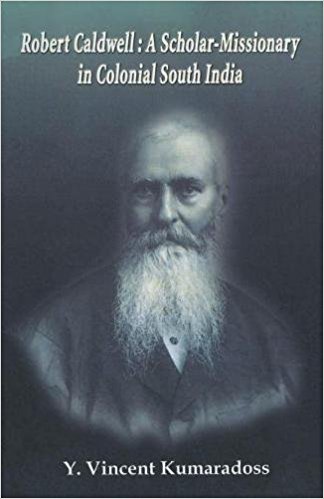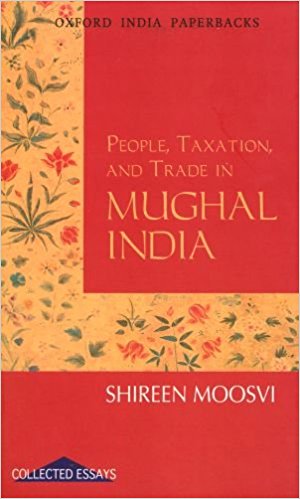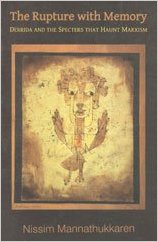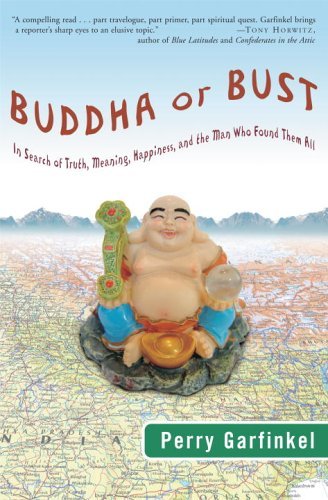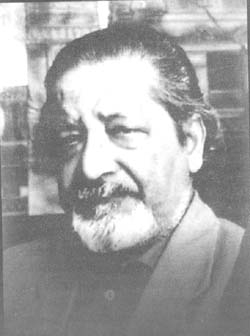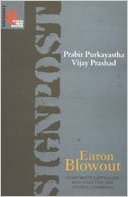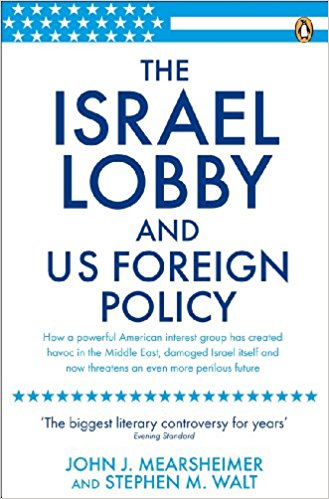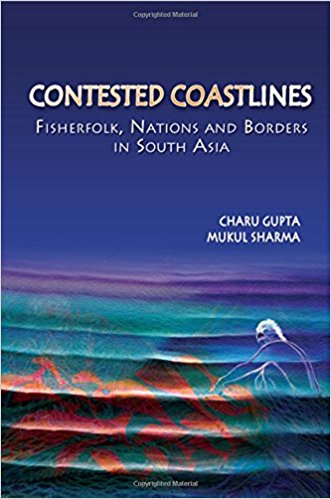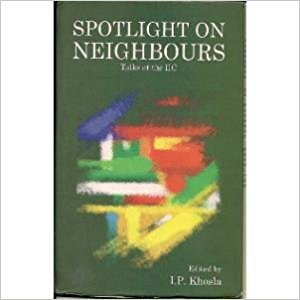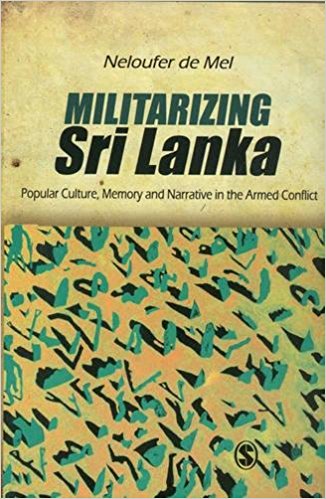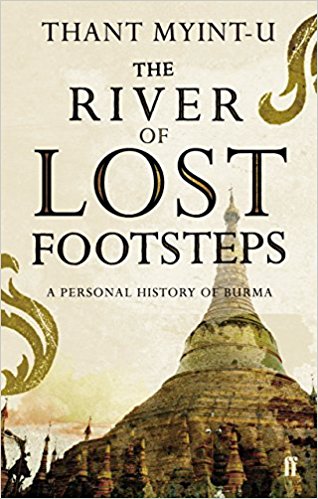Aparna Sen, who is making a film based on the title story of Kunal Basu’s The Japanese Wife and Other Stories is lyrical about the story in her blurb on the cover. ‘It’s an improbable and hauntingly beautiful love story, almost surreal in its innocence. And I immediately knew that this was the film I had to make.’
Archives
May 2008 . VOLUME 32, NUMBER 5Writers and literary works have never been in isolation to the dominant forces of their times. One of Kannada’s early playwrights, Adya Rangacharya (1904-84, popularly known as Sri Ranga) was no exception to this.
2008
The speaker of the above lines in the last story of this selection is someone who was forced by circumstances to murder her mother to rescue her from further indignities.
Turning and turning in the widening gyre The falcon cannot hear the falconer; Things fall apart; the centre cannot hold; Mere anarchy is loosed upon the world, The blood-dimmed tide is loosed, and everywhere The ceremony of innocence is drowned; The best lack all conviction, while the worst Are full of passionate intensity.
A formidable presence in contemporary Hindi literature, Bhagwandass Morwal has been hailed as the chronicler of Mewat, the land of his birth and nurture. Straddling Rajasthan, UP and Haryana, the region of Mewat, despite its unique cultural compositeness, lies on the socio-economic margins of India.
The critique of globalization and the neo-liberal economy has, interestingly enough, become a major platform in an increasingly interdependent world, where writers and thinkers from different disciplines come together to discuss their commonalities and state their divergences.
Prabhu Ghate provides a fascinating account of the Indian micro-finance scenario. For the non-initiated, the word micro-finance brings several very contradictory images to mind. One is that of Mohammad Yunus sharing the 2006 Noble Peace Prize with his creation, the Grameen Bank, the micro-finance organization in Bangladesh.
Sunanda Sen, through her long career, has been writing extensively on questions related broadly to globalization, and in particular, on the intricacies of trade and financial flows and how these might impact the well-being of the working people, especially in the developing world.
Half of this book tells the story of the heady years between 1987 and 2006 when Alan Greenspan was the Chairman of America’s Federal Reserve Board, known to the whole world as simply the Fed. The other half consists of musings about the future and is actually quite disappointing.
The theme of the formation of Christian identities and the nature of its implications in politics during colonialism has been a much-neglected area in Indian history. Many reasons can be adduced for this neglect.
I enjoyed reading this book, though as local histories go, it is extremely dense and detailed. Missionary history is a specialist domain, because it chronicles 19th century lifeworlds, very far removed from present circumstances.
Perhaps no period or region in Indian history is as well documented as the Mughal period. The practice of Mughal rulers of maintaining personal records and autobiographies, the encouragement given to contemporary historians to write official biographies and histories,
The central theme of this study is memory. Other important ones include teleology, spectrality, Derridean deconstruction, certain aspects of Marxism, ideas of the messianic plus philosophies of alterity.
2008
One of the few authentic terrors of walking unguardedly into a bookshop in these dark times is that one is almost immediately trapped by an enormous phalanx of thoroughly amiable Spiritual Books on the Inner Self which profess to alleviate all one’s worldly ills, in twelve steps or less, through a sort of spiritual enema:
‘Sir, sir,’ said an excited M. Phil student to me recently, ‘did you see that Naipaul has said he killed his first wife?!’ That was, of course, how the newspapers had headlined the report that an authorized biography of Naipaul had come out, while omitting to say, naturally,
2008
This short monograph, tract really, is the tenth in the Signpost series published by LeftWord Books. They have been of a uniformly high standard, while adopting an unqualified Left-liberal perspective.
This book has caused much controversy in the US because it deals with a theme that is sensitive. It is considered ‘politically incorrect’ to talk about the Israel Lobby and its influence on US foreign policy. But in a living democracy it should be possible, and often, it is unavoidable, to talk about what is considered ‘politically incorrect’.
This fascinating book depicts the agonizing life of millions of innocent coastal fisher-folk in South Asia who have become indirect victims of nationalism and interstate rivalry in the region.
This book assesses the condition of inter- and intra-state affairs of India and its neighbours in the post-Cold War period. This analysis is vested in the post- 1990s period because during that decade South Asia was overcome by ‘liberal internationalism’ that left the region largely peaceful.
Sri Lanka, emerald isle and home to diversities has hurtled into an abyss of civil war again. The delicate ceasefire agreement brokered tenuously by the Norwegians is over. For some it was barely in place.
The abandoned former campuses of Yangon and Mandalay universities, at one time leading institutions of higher learning in Asia and which produced distinguished Myanmarese from all walks of life, typically symbolize the state of things in Myanmar today.

